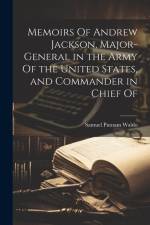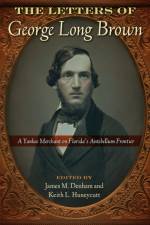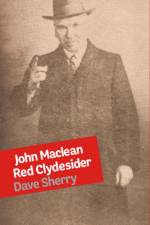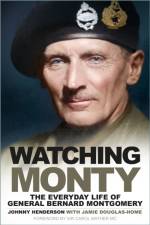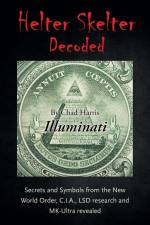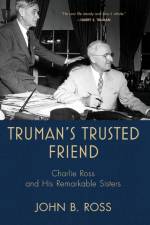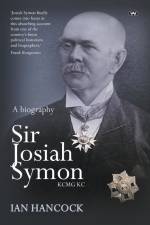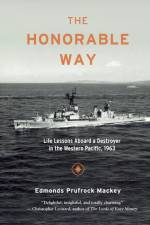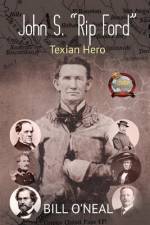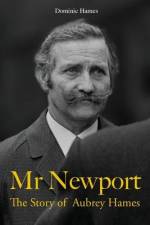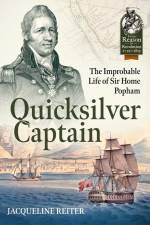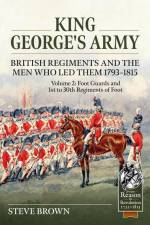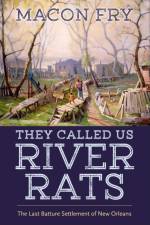av Steve Brown
365,-
King George's Army: British Regiments and the Men who Led Them 1793-1815 will contain five volumes, with coverage given to army administration and cavalry regiments (Volume 1), infantry regiments (Volumes 2, 3 and 4), and ordnance (Volume 5). It is the natural extension to the web series of the same name by the same author which existed on The Napoleon Series from 2009 until 2019, but greatly expanded to include substantially more biographical information as well as biographies of leading political figures concerned with the administration of the army as well as commanders in chief of all major commands.Volume 2 covers in great detail the Foot Guards and 1st to 30th Regiments of Foot within the army of King George the Third for the period of the Great War with France; and the men who commanded them. Regimental data provided includes shortform regimental lineages, service locations and dispositions for the era, battle honors won, tables of authorized establishments, demographics of the field officer cohorts and of the men, even sources of recruits from the militia. But the book is essentially concerned with the field officers, the lieutenant colonels and majors commanded the regiments, and Volume 2 alone contains over 1,000 mini-biographies of men who exercised such command, including their dates of birth and death, parentage, education, career (including political), awards and honors, and places of residence. Volumes 3 to 5 will extend the coverage to ultimately record over 4,500 biographies across more than 200 regiments.These biographies will show the regimental system in action, officers routinely transferring between regiments for advancement or opportunity, captains who were also (brevet) colonels, many who retired early, some who stayed the distance to become major generals and beyond. Where it has been possible to accurately ascertain, advancement by purchase, exchange or promotion has also been noted.Readers with military ancestors will no doubt find much of interest within, and the author hopes that the work will allow readers to break down a few 'brick walls'; either through connecting to the officers recorded, or through an understanding of the movements of the regiments around the world, or from the volunteering patterns of the militia regiments into the regular army.Encyclopedic in scope, and aimed to be a lasting source of reference material for the British army that fought the French Revolution and Napoleon between 1793 and 1815, King George's Army: British Regiments and the Men who Led Them will hopefully be a necessary addition to every military and family history library for years to come.


